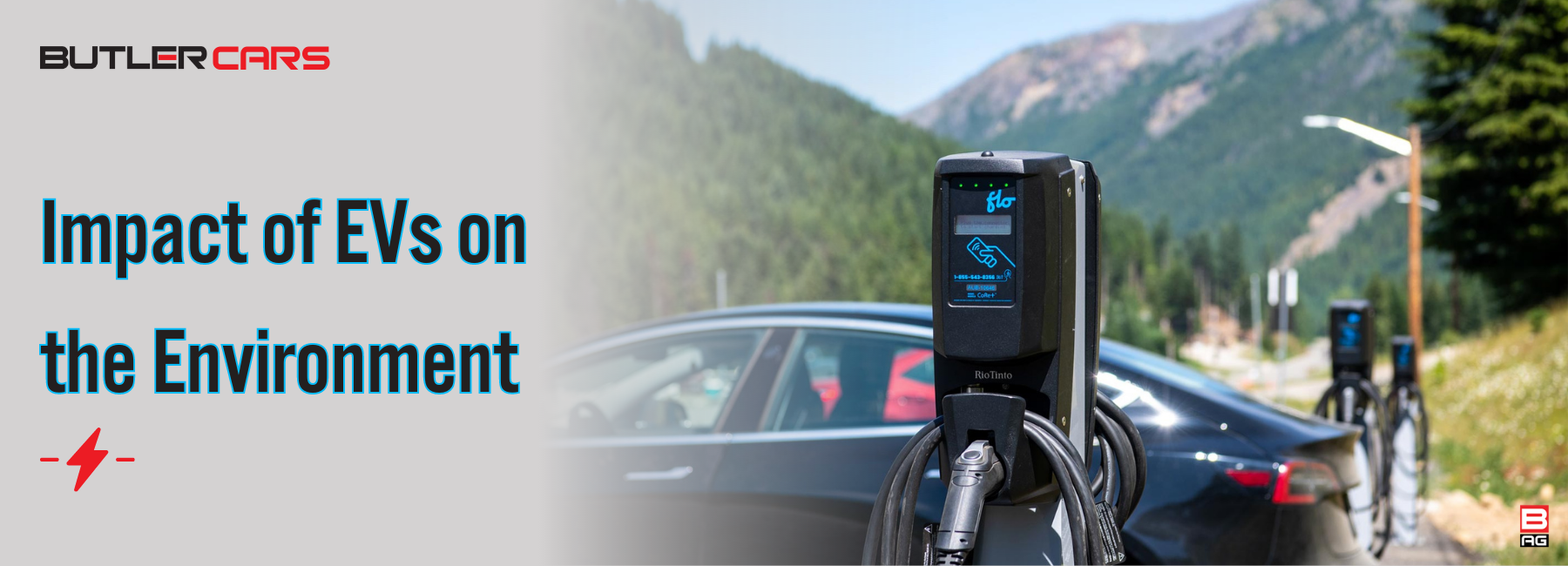Positive Impact of EVs on the Environment

Zero Wheel-to-Wheel Emissions
 Gasoline and diesel vehicles are one of the largest contributors to air pollution due to tailpipe emissions. Based on this factor alone, it’s easy to see why EVs are the clear eco-friendly favorite. However, it’s important to consider another factor known as “wheel-to-wheel” emissions.
Gasoline and diesel vehicles are one of the largest contributors to air pollution due to tailpipe emissions. Based on this factor alone, it’s easy to see why EVs are the clear eco-friendly favorite. However, it’s important to consider another factor known as “wheel-to-wheel” emissions.This term encompasses both the air pollutants and greenhouse gases produced by the energy being used to power the car. On average, a typical electric vehicle produces around 4,450 pounds of CO2 equivalent energy each year. A gasoline-powered car will produce over twice that amount in the same amount of time. When considering the fact that the electricity needed to power an EV can be produced by “clean” sources like natural gas, EVs are undoubtedly the best option for eliminating harmful emissions and pollution.
 Even if you’re not a homeowner, there are plenty of other ways you can join others and gain access to a “green power” solution for charging your electric vehicle. Community solar share groups are available across the country and continue to expand. Many utility companies are also beginning to offer options for purchasing electricity from renewable sources as well.
Even if you’re not a homeowner, there are plenty of other ways you can join others and gain access to a “green power” solution for charging your electric vehicle. Community solar share groups are available across the country and continue to expand. Many utility companies are also beginning to offer options for purchasing electricity from renewable sources as well.A common way to compare an EV to a gasoline vehicle is to use what’s known as MPGe. MPGe is calculated by the EPA by determining the number of miles an electric vehicle can travel given the same amount of energy that would be contained in a single gallon of gasoline. When you consider the fact that the average gasoline-powered car’s MPG is just 24.7 — most EVs have a comparable “fuel economy” rating, often as high as 100 MPGe or even more! That’s nearly four times the efficiency of a conventional gasoline engine.

